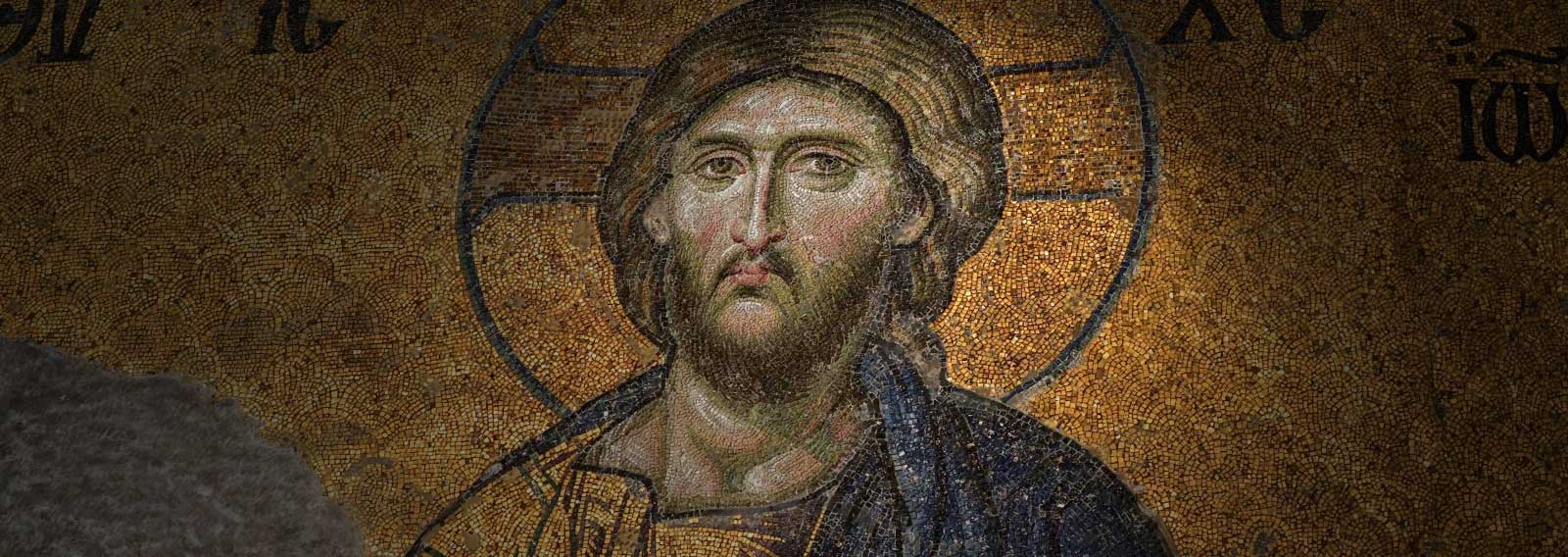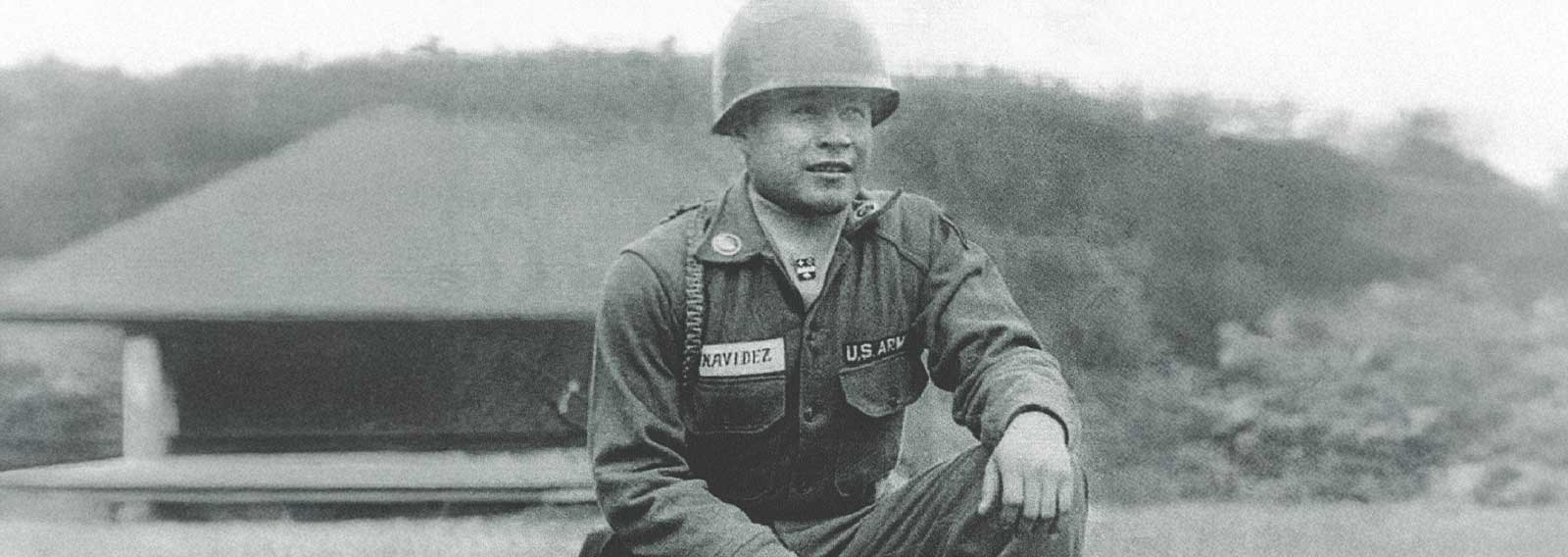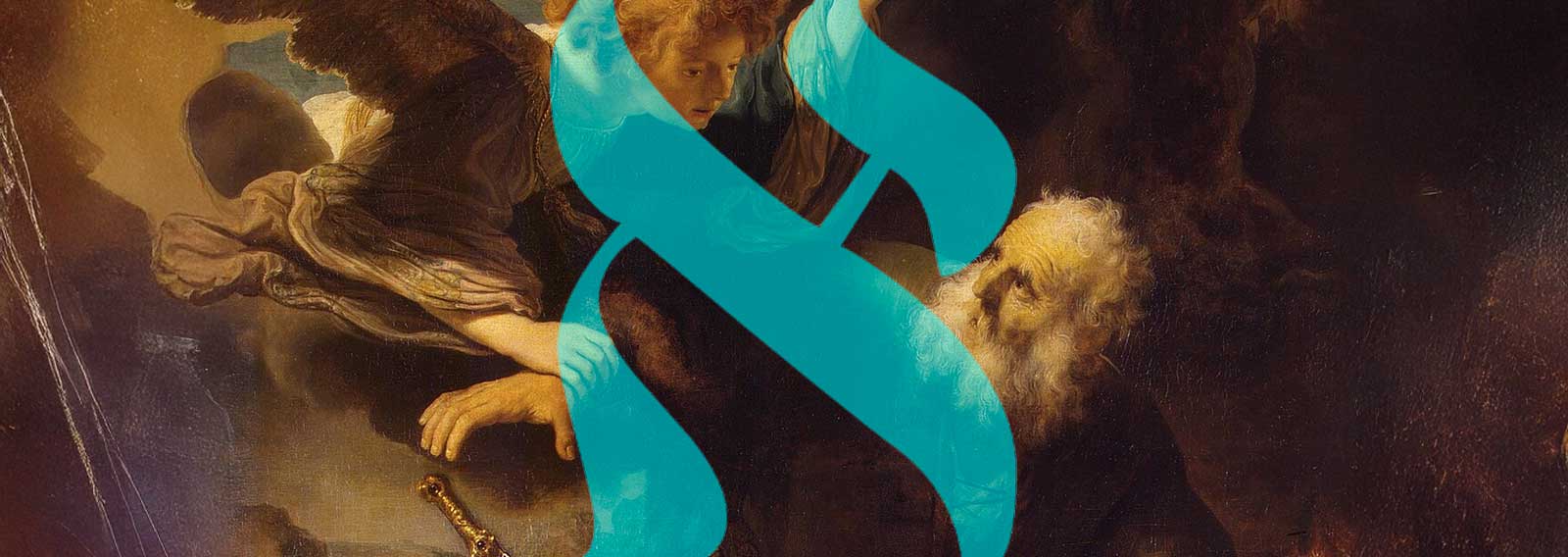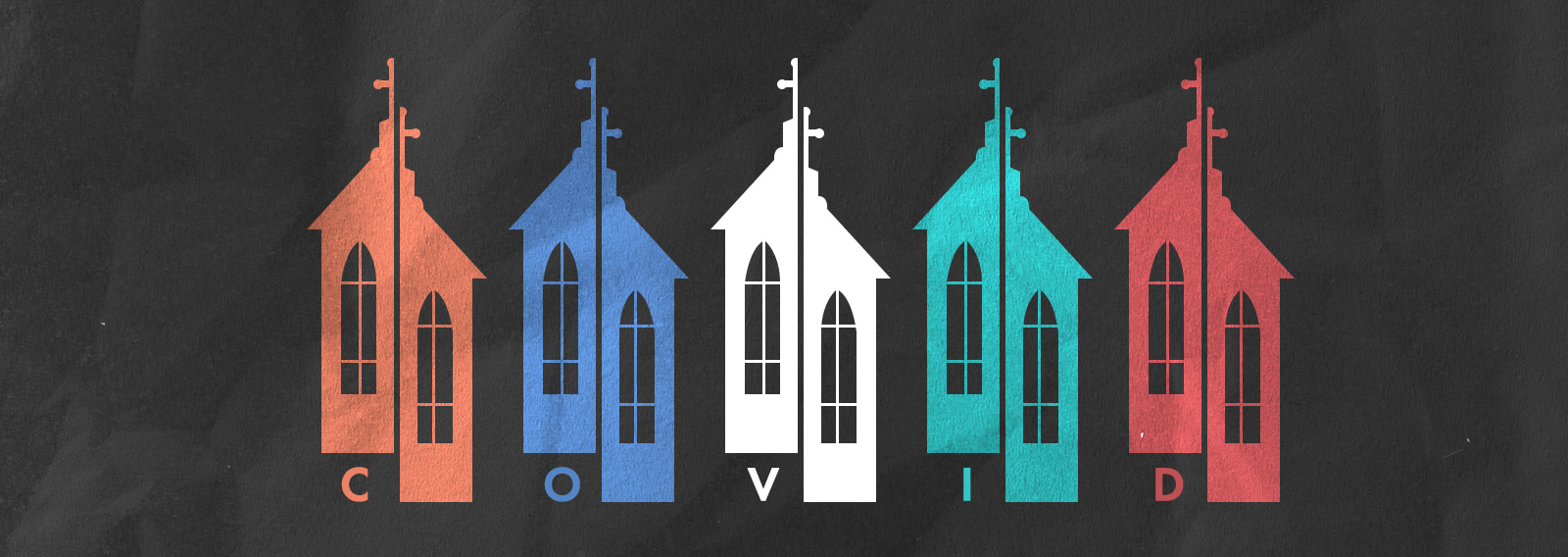All Christians know about the Great Commission and most know who Charles Colson was. As to the former, it of course involves the command given by Jesus for his followers to go into all the world to preach the gospel and make disciples of all nations (Matthew 28:16-20).
As to the late, great Chuck Colson (1931-2012), he was a leading American evangelical who left the world of power politics to champion Christian worldview thinking and the need to engage in the culture wars that rage all around us. See more on this influential leader here.
Colson fully affirmed the Great Commission but also fervently promoted another important biblical commission: the Cultural Commission. He spoke to this often, including in his vital 1999 work, How Now Shall We Live? As he and Nancy Pearcey said in the introduction to that book:
Evangelism and cultural renewal are both divinely ordained duties. God exercises his sovereignty in two ways: through saving grace and common grace. We are all familiar with saving grace; it is the means by which God’s power calls people who are dead in their trespasses and sins to new life in Christ. But few of us understand common grace, which is the means by which God’s power sustains creation, holding back the sin and evil that result from the fall and that otherwise would overwhelm His creation like a great flood. As agents of God’s common grace, we are called to help sustain and renew his creation, to uphold the created institutions of family and society, to pursue science and scholarship, to create works of art and beauty, and to heal and help those suffering from the results of the Fall. xii
Or as they wrote a bit later:
Understanding Christianity as a worldview is important not only for fulfilling the great commission but also for fulfilling the cultural commission – the call to create a culture under the lordship of Christ. God cares not only about redeeming souls but also about restoring his creation. He calls us to be agents not only of his saving grace but also of his common grace. Our job is not only to build up the church but also to build a society to the glory of God.
p.33
He ran with these themes throughout his Christian life. The last book he penned just before he died also speaks to these matters. I refer to The Sky Is Not Falling: Living Fearlessly in These Turbulent Times (Worthy Publishing, 2011). Here I want to focus on just one chapter from the book, “Turning the Church Around” (Ch. 11).
His opening paragraph says this: “Have evangelicals come full circle in just fifty years – from fundamentalist isolation to mainstream acceptance? Have we embraced a national creed that values personal growth over doctrinal orthodoxy?” 161
He believes they have. Most are now indistinguishable from those in mainstream culture, and few offer any sort of countercultural resistance. He offers signs of this, including contemporary Christian music, church and worship styles, and Christian broadcasting.
In these and other areas, we see how much believers have simply blended in with the surrounding culture. And the main problem here has been the unwillingness to emphasise biblical truth. By seeking to be inclusive and trendy, so many churches today have simply abandoned core biblical truth claims.
He mentions what J. I. Packer said on his 80th birthday: the greatest need of evangelicalism today is to re-catechize our churches. Says Colson: “More than ever, Christians need to be able to speak intelligently and courageously about the hope that lies within. The problem is, so many Christians no longer possess the basic knowledge of the faith or a coherent understanding of what it means to live as a Christian.” 167
We especially need to train the next generation in the basics of the faith and infuse them with the Christian worldview: “It’s impossible to disconnect kids from the culture. The idea that we can separate ourselves from our social surroundings, as Christians did a century ago, is foolish – unless we move to a desert island. We simply cannot escape the long, grubby arm of television, the Internet, music, and magazines. Our only hope is to teach discernment.” 169
He continues with perhaps the two most important paragraphs in this chapter:
The revitalization of the church will not be complete until it recovers its God-given mission to engage the culture. Christians are called to be countercultural, a force for moral change in a sinful world. But if we surrender that role, we should be forewarned: if we stop attempting to change the culture, the culture will have already changed us… When it comes to the culture, there’s no such thing as peaceful coexistence. If we’re not defending truth, fighting for Christian values in all of life, the truth will be sacrificed on the altar of mainstream secularism.”
p.170
This is where we must again affirm the vital importance of both the Great Commission and the Cultural Commission. The original marching orders given to Adam and Eve still apply to us, even though the Fall has twisted things greatly:
The same command binds Christians today. We bear children, plant crops, build cities, form governments, and create works of art. While sin introduced a destructive power into God’s created order, it did not obliterate that order. And when we are redeemed, we are both freed from sin and restored to do what God designed us to do: Create culture.
The Lord’s cultural commission is, I believe, inseparable from the Great Commission. Every part of creation came from God’s hand, every part was drawn into the mutiny of humanity against God, and every part will someday be redeemed. This means caring about all of life—redeeming people and redeeming culture. We are instructed, after all, to think biblically, taking “captive every thought to make it obedient to Christ” (2 Corinthians 10:5).
If we’re tempted to ignore the great moral issues of our day, or dismiss them as “just politics,” we are betraying our biblical mandate and our own heritage. Nothing could be deadlier for the church, nor for the culture, since real Christianity invariably provides a healthy influence on society.
Evangelicals must never be content with a tepid Christianity that embraces only evangelization and the “feel good” church while alien philosophies hostile to the created order hijack our culture….
If Christians do not seize this moment and act on the cultural commission, there soon will be no culture left to save. But when we do our duty, we can change the world. Look at Christians like William Wilberforce, who spent most of his life fighting—and winning—the war against the British slave trade. Christians at their post, doing their duty, have brought about the greatest social reforms of modern times.
What reforms will you and I be remembered for?
Each of us must work out our role in the common grace in our own lives, glorifying God by helping restore his creation—by bringing the majesty of God and his righteousness to bear against the crumbling structures of a fallen society.
pp.172-173
There are very few things I disagree with when it comes to Chuck Colson. That is certainly the case here. The church has been losing big time not only because it has failed to take the Great Commission seriously, but also the Cultural Commission. Until we get back to both wholeheartedly and persistently, we will keep losing ground while the other side keeps going from strength to strength.
Afterword
Last week I wrote a piece urging Christians never to forget their calling to both preach the gospel and be salt and light. That article nicely ties in with this one, so I invite you to read it as well.
























